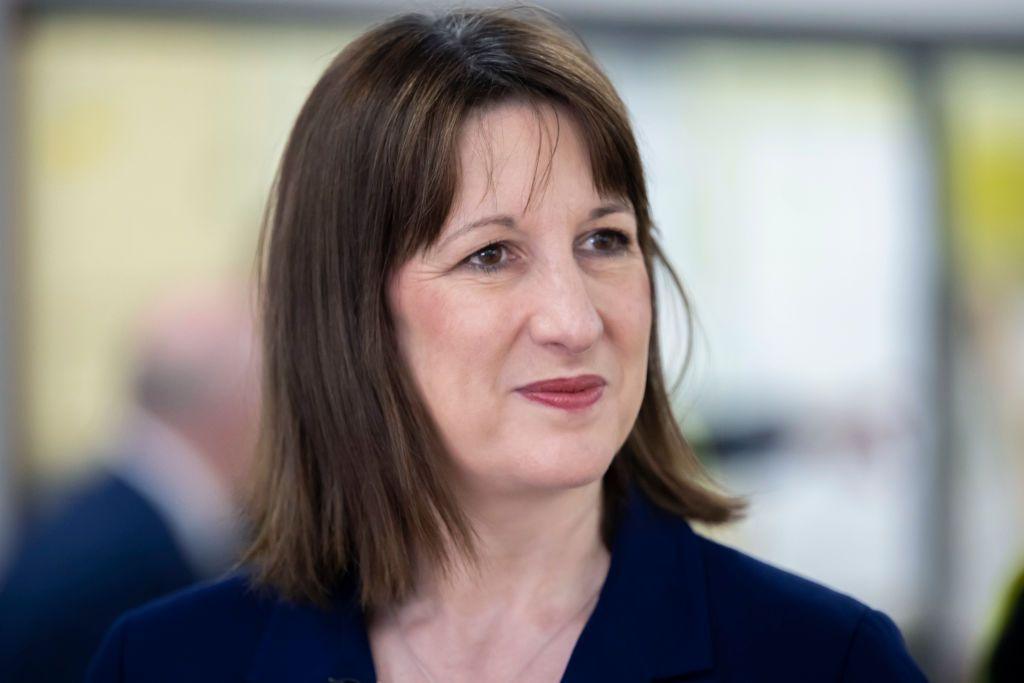“`html
The United Kingdom is projected to be the second-fastest-growing of the world’s advanced economies this year, according to new data released by the International Monetary Fund (IMF).
However, the IMF forecasts that the UK will also experience the highest inflation rate among G7 nations in both the current and coming year, primarily driven by increases in energy and utility costs.
These projections are part of the IMF’s bi-annual assessment of the global economic landscape.
The report notes a “muted response” thus far to the tariffs recently imposed on imports to the United States, but acknowledges their impact on overall global growth.
The IMF, a respected global financial institution with 190 member nations, aims to foster international economic stability. Nevertheless, it acknowledges that unforeseen events, from geopolitical shifts to weather patterns, can frequently alter economic forecasts.
According to the IMF’s latest forecasts, unveiled as global financial leaders convene in Washington D.C., the UK economy appears to be withstanding current economic pressures relatively well.
The IMF predicts that in 2025, the UK economy will outperform other G7 economies, with the exception of the US, amidst a challenging global environment marked by trade disputes and geopolitical instability.
The G7 is a group of major industrialized countries, including the US, Canada, Germany, France, Italy, the UK, and Japan. It does not include rapidly expanding economies like India and China.
Despite outpacing most rivals, the UK’s economic growth is expected to remain moderate at 1.3% for both this year and the next.
Furthermore, when measured per capita, economic output is projected to increase by just 0.4% this year and 0.5% in 2026, placing the UK at the bottom of the G7 in this metric.
Chancellor of the Exchequer Rachel Reeves, arriving in Washington on Tuesday, commented that many perceive the economy as “stuck.”
“Working people feel it every day, experts talk about it, and I am going to deal with it,” she stated.
The Chancellor intends to use the IMF gathering to underscore the UK’s financial stability and promote the nation as an attractive destination for investment.
However, the IMF cautions that the UK still faces higher inflation compared to similar economies, with prices projected to rise by 3.4% this year and 2.5% in 2026. The IMF anticipates that this higher inflation will be temporary, falling to 2% by the end of next year.
Speaking at a separate event in Washington, Bank of England Governor Andrew Bailey expressed his belief that inflationary pressures are easing, following recent UK unemployment data that indicated rising unemployment and slowing wage growth.
Shadow Chancellor Sir Mel Stride, highlighting the inflation forecasts, described the IMF assessment as “grim reading.”
He stated that UK households were “being squeezed from all sides,” adding: “Since taking office, Labour have allowed the cost of living to rise, debt to balloon and business confidence to collapse to record lows.”
The IMF’s global outlook was primarily influenced by the reaction to US tariffs, a weaker dollar, questions surrounding the independence of the US Federal Reserve, and high valuations of US tech companies, according to the Fund.
The IMF stated that resilience was “giving way to warning signs” and that the costs associated with US tariffs were beginning to translate into higher prices for American consumers.
However, in an interview with the BBC, the IMF’s chief economist, Pierre-Olivier Gourinchas, suggested that the most severe consequences of a global trade war had been mitigated.
“The effect of the tariff shock is there. It is negative for global outlook. It is weighing down on investment and consumption decisions, there is trade policy uncertainty… but it’s not as bad as expected because the shock itself has been scaled down and there are these offsets,” he explained.
The IMF cited Brexit as an example of how uncertainty surrounding significant changes in trading agreements can lead to a gradual decline in investment, and advised the Bank of England to exercise “very cautious” approach to cutting interest rates given the high expectations around future inflation.
The IMF’s forecast indicated that Canada’s economy, significantly impacted by the trade conflict with the US, would be pushed into second place in the growth rankings this year. However, Canada is projected to regain the second position next year, with its economy forecast to grow at a rate of 1.5%.
Germany, France, and Italy are all expected to experience significantly slower growth, with rates between 0.2 and 0.9% in 2025 and 2026.
The IMF also highlighted “excessively optimistic” expectations surrounding AI, which could potentially trigger a market correction.
In its separate Global Financial Stability Report, the IMF concluded that markets appeared “complacent.”
Mr. Gourinchas clarified that the IMF was not suggesting an imminent market collapse, but rather that this was “one of the risks” under consideration.
The concentration of overvalued tech stocks within a small number of companies is now “substantially higher” than during the dot-com bubble in 2000, according to the IMF.
However, Mr. Gourinchas noted that the “AI investment boom” is also contributing to the sustained economic growth in the US.
Correction 14 October: An earlier version of this article said the UK would have the second-fastest growing economy of the G7 both this year and next. The UK will have the third fastest growing economy in 2026.
Ahead of Milei’s visit to the White House – amid protests and anger on the streets back at home – Ione Wells unravels the paradox that Argentina’s president has created
UK Inflation has fallen from record highs but remains above the Bank of England’s 2% target.
Average mortgage rates have increased month-on-month for the first time since February, says Moneyfacts.
The think tank says the government should seize the opportunity to reform the tax system.
Kemi Badenoch says a future Conservative government would scrap stamp duty, but what might the impact be?
“`

